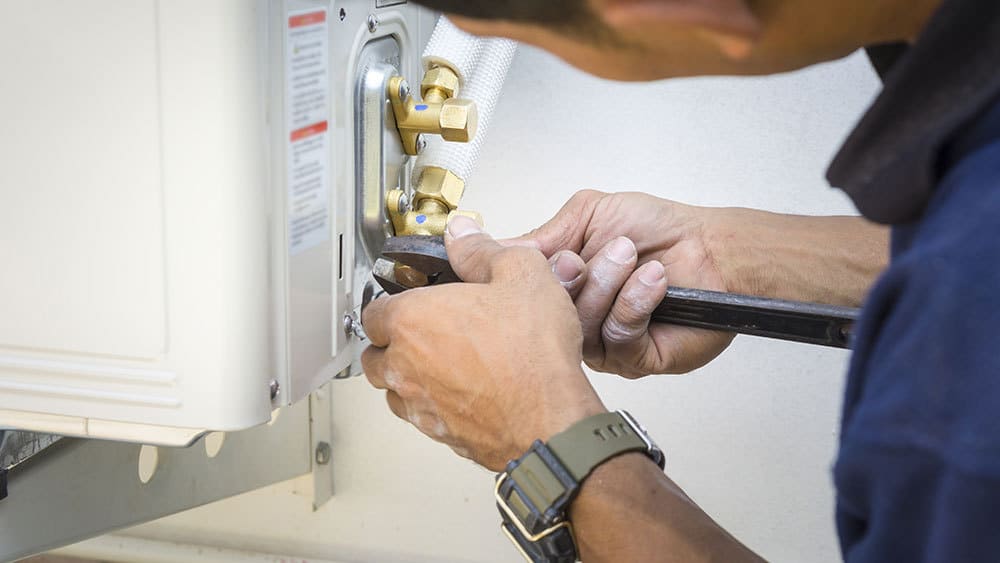If you’re having issues with your HVAC system, you may find yourself wondering if you should repair it or just purchase a new system. Typically, an air-conditioning unit has a lifespan of 10 to 15 years, but it may start experiencing major problems much sooner if it is overused or not properly maintained. The decision to repair or replace your HVAC unit can be a difficult one if you don’t know exactly what’s causing it to malfunction. Follow this guide to determine the right course of action.
Check the History of Your HVAC System
To know whether you should repair or replace your HVAC system, you need to collect as much information as possible about the system, including records of installation, maintenance, and repairs. If you cannot find all the information, you can try to obtain it from your HVAC maintenance contractors. Then create a file on your HVAC system. Other than the records you have collected, you should include the following information in the file:
- Make and model of your system
- Serial number
- Reference number
- Installation and operating instructions
- Maintenance agreements
- Contractor or factory-backed service
- Warranty information
Inspect the System
The overall appearance of your HVAC system will provide valuable information on the quality and extent of maintenance it has received over the years. You can either inspect the unit yourself or hire a qualified technician to perform a thorough inspection.
If you’re doing it yourself, make sure you follow the manufacturer’s instructions and safety procedures before removing the access panels. Check the cabinetry to ensure that it’s intact and properly fastened. The filters should be clean and in good condition so they will not restrict airflow and reduce the efficiency of the system. Then look at the coils to make sure they’re not dirty or damaged. If you choose to have your HVAC unit inspected professionally, you should be present during the inspection and ask the technician to explain the findings to you.
Decide to Repair or Replace
When deciding whether you should repair or replace your HVAC system, you need to first determine the current and projected operating expenses and estimated repair costs that will be incurred if you continue using your current unit. Then compare the costs to the operating costs of a new high-efficiency system. Most HVAC contractors can provide a good estimate of the operating costs of a unit based on its energy efficiency and local utility costs. Also, don’t forget to take into account the rebates you may be eligible for, such as tax credits, manufacturer rebates, and local utility rebates.
Basically, if your HVAC system is not experiencing major problems, you can just repair and keep using it. However, if it has significant issues that are costly to repair and cannot be relied on to provide consistent and satisfactory cooling and heating results, it’s better to replace it with a new system. A new HVAC unit may be costly, but it can help you save a substantial amount of money over the long run because it’s markedly more energy efficient than an old model.



